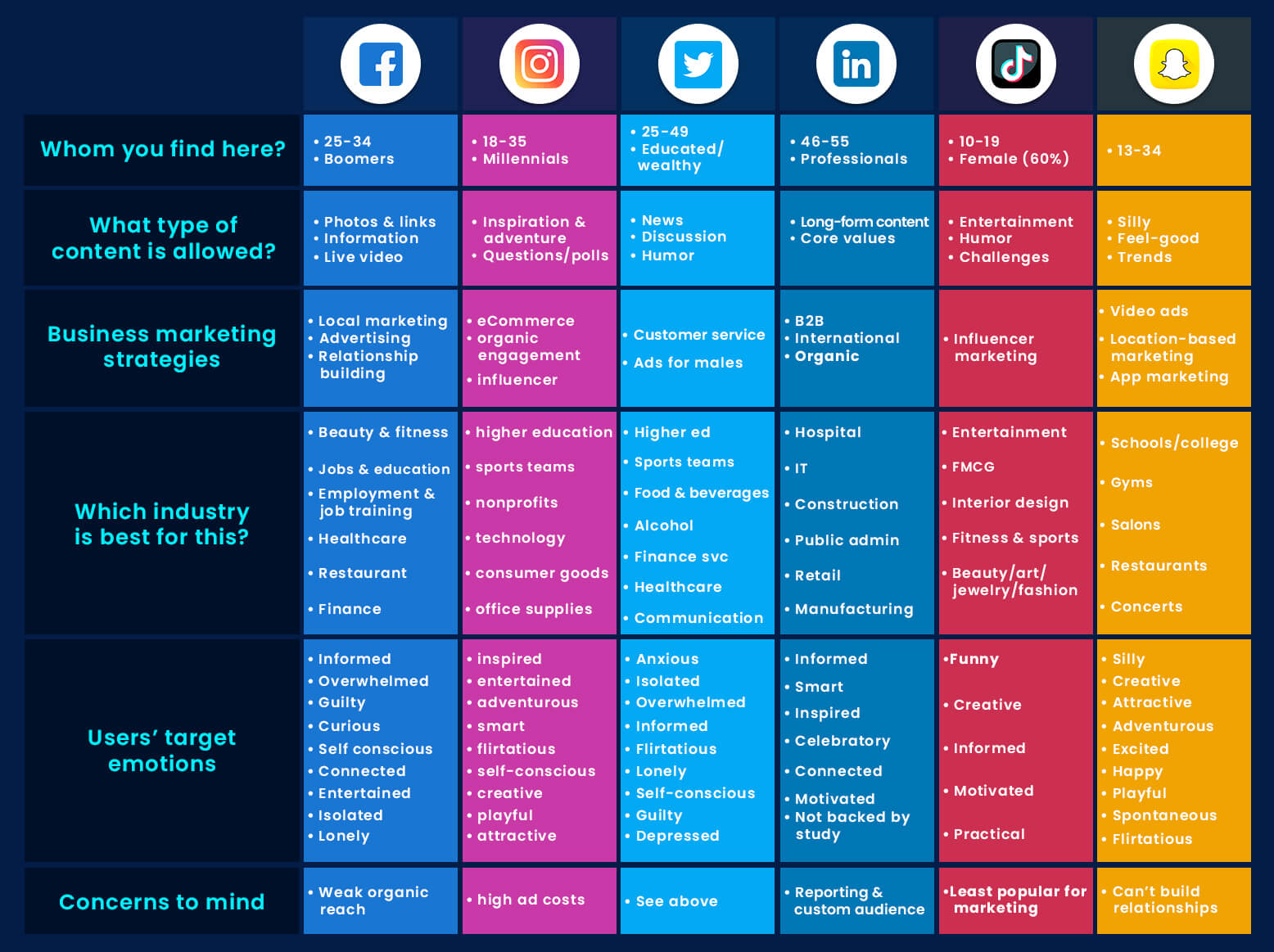Social Media Selling Platforms

The rise of social media has revolutionized the way businesses interact with their customers and sell their products. Social media selling platforms have become an essential tool for companies to reach their target audience, build brand awareness, and drive sales. In this article, we will explore the world of social media selling platforms, their benefits, and how businesses can leverage them to succeed in the digital marketplace.
The Evolution of Social Media Selling
Social media platforms were initially designed for people to connect with each other, share their experiences, and stay updated on current events. However, as the number of users grew, businesses saw an opportunity to reach their target audience and started using these platforms to promote their products and services. Today, social media selling platforms have become a crucial part of any business’s marketing strategy.
Popular Social Media Selling Platforms
There are several social media selling platforms that businesses can use to reach their target audience. Some of the most popular ones include:
- Facebook: With over 2.7 billion monthly active users, Facebook is one of the most widely used social media platforms. Businesses can use Facebook to create a business page, post updates, and run targeted ads to reach their audience.
- Instagram: Instagram is a visual-based platform that is ideal for businesses that have a strong visual identity. Businesses can use Instagram to post high-quality images and videos, engage with their audience, and run influencer marketing campaigns.
- Twitter: Twitter is a real-time platform that is ideal for businesses that want to stay up-to-date with the latest trends and news. Businesses can use Twitter to post updates, engage with their audience, and run targeted ads.
- Pinterest: Pinterest is a platform that is ideal for businesses that have a strong visual identity and want to reach a female-dominated audience. Businesses can use Pinterest to post high-quality images, create boards, and run targeted ads.
- TikTok: TikTok is a short-form video platform that is ideal for businesses that want to reach a younger audience. Businesses can use TikTok to create short-form videos, engage with their audience, and run influencer marketing campaigns.
Benefits of Social Media Selling Platforms
Social media selling platforms offer several benefits to businesses, including:
- Increased brand awareness: Social media selling platforms provide businesses with an opportunity to reach a large audience and increase brand awareness.
- Targeted advertising: Social media selling platforms provide businesses with the ability to run targeted ads that are tailored to their specific audience.
- Improved customer engagement: Social media selling platforms provide businesses with an opportunity to engage with their customers, respond to their queries, and build a community around their brand.
- Increased sales: Social media selling platforms provide businesses with an opportunity to drive sales and increase revenue.
Best Practices for Social Media Selling
To succeed in social media selling, businesses need to follow best practices, including:
- Know your audience: Businesses need to understand their target audience, including their demographics, interests, and behaviors.
- Create high-quality content: Businesses need to create high-quality content that is engaging, informative, and relevant to their audience.
- Engage with your audience: Businesses need to engage with their audience, respond to their queries, and build a community around their brand.
- Run targeted ads: Businesses need to run targeted ads that are tailored to their specific audience.
- Monitor and measure performance: Businesses need to monitor and measure their performance on social media, including their engagement rates, click-through rates, and conversion rates.
Challenges of Social Media Selling
While social media selling platforms offer several benefits to businesses, there are also several challenges that businesses need to be aware of, including:
- Competition: Social media selling platforms are highly competitive, and businesses need to compete with other businesses for attention and sales.
- Algorithm changes: Social media algorithms are constantly changing, and businesses need to adapt to these changes to succeed.
- Content overload: Social media platforms are flooded with content, and businesses need to create high-quality content that stands out from the crowd.
- Measuring ROI: Businesses need to measure the return on investment (ROI) of their social media selling efforts, which can be challenging.
Future of Social Media Selling
The future of social media selling is exciting and rapidly evolving. Some of the trends that are expected to shape the future of social media selling include:
- Increased use of artificial intelligence: Artificial intelligence is expected to play a major role in social media selling, including chatbots, personalized recommendations, and predictive analytics.
- Rise of video content: Video content is expected to become increasingly popular on social media platforms, including live streaming, 360-degree videos, and virtual reality experiences.
- Growing importance of influencer marketing: Influencer marketing is expected to become increasingly important, as businesses look to partner with influencers to reach their target audience.
- Increased focus on customer experience: Customer experience is expected to become increasingly important, as businesses look to create personalized and seamless experiences for their customers.
What is social media selling, and how does it work?
+Social media selling refers to the process of using social media platforms to sell products or services. It involves creating a business page, posting updates, engaging with customers, and running targeted ads to reach a specific audience.
Which social media platform is best for selling products?
+The best social media platform for selling products depends on the type of product, target audience, and marketing strategy. However, Facebook, Instagram, and Pinterest are popular platforms for e-commerce businesses.
How do I measure the success of my social media selling efforts?
+Measuring the success of social media selling efforts involves tracking metrics such as engagement rates, click-through rates, conversion rates, and return on investment (ROI). Businesses can use analytics tools to track these metrics and adjust their marketing strategy accordingly.
What are the benefits of using social media selling platforms?
+The benefits of using social media selling platforms include increased brand awareness, targeted advertising, improved customer engagement, and increased sales. Social media selling platforms also provide businesses with an opportunity to reach a large audience and build a community around their brand.
How do I create effective social media content that drives sales?
+Creating effective social media content that drives sales involves understanding the target audience, creating high-quality content that is engaging and informative, and using relevant hashtags and keywords. Businesses should also use social media analytics to track the performance of their content and adjust their strategy accordingly.
In conclusion, social media selling platforms have become an essential tool for businesses to reach their target audience, build brand awareness, and drive sales. By understanding the benefits and challenges of social media selling, businesses can create effective marketing strategies that drive results. As the social media landscape continues to evolve, businesses must stay up-to-date with the latest trends and best practices to succeed in the digital marketplace.
Pros and Cons of Social Media Selling
| Pros | Cons |
|---|---|
| Increased brand awareness | High competition |
| Targeted advertising | Algorithm changes |
| Improved customer engagement | Content overload |
| Increased sales | Measuring ROI can be challenging |

By weighing the pros and cons of social media selling, businesses can make informed decisions about their marketing strategy and create effective social media campaigns that drive results. Remember, social media selling is a constantly evolving field, and businesses must stay up-to-date with the latest trends and best practices to succeed in the digital marketplace.